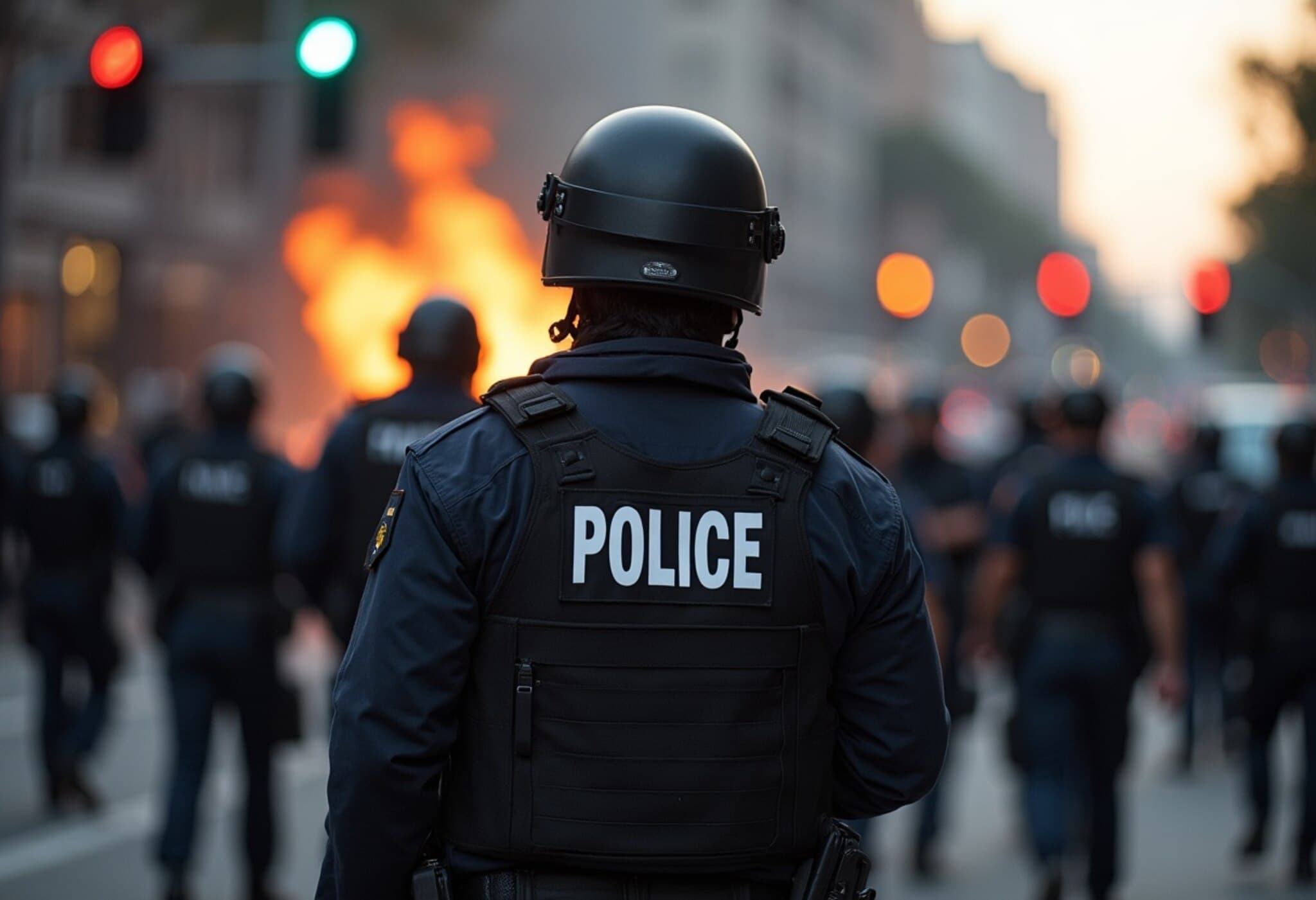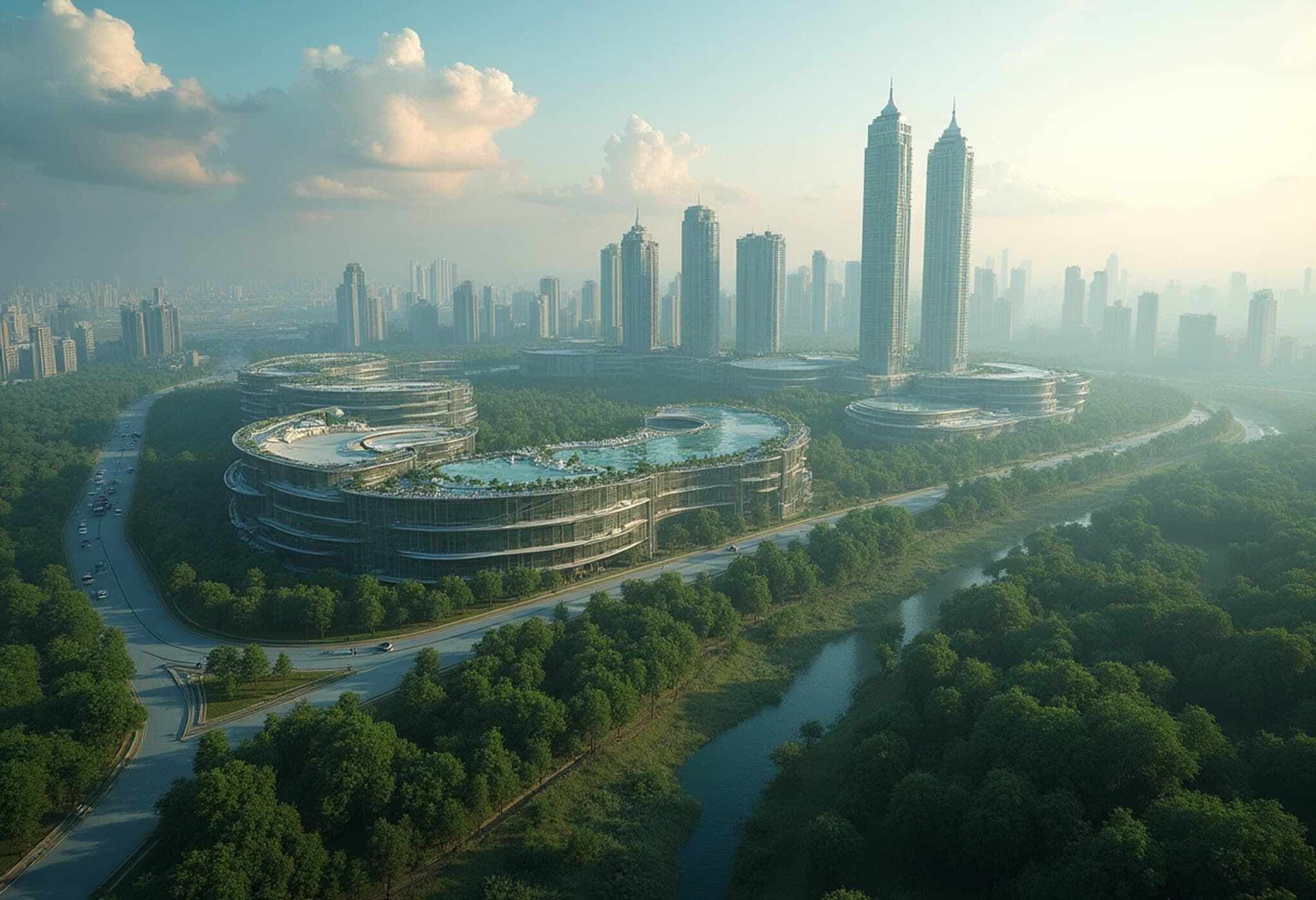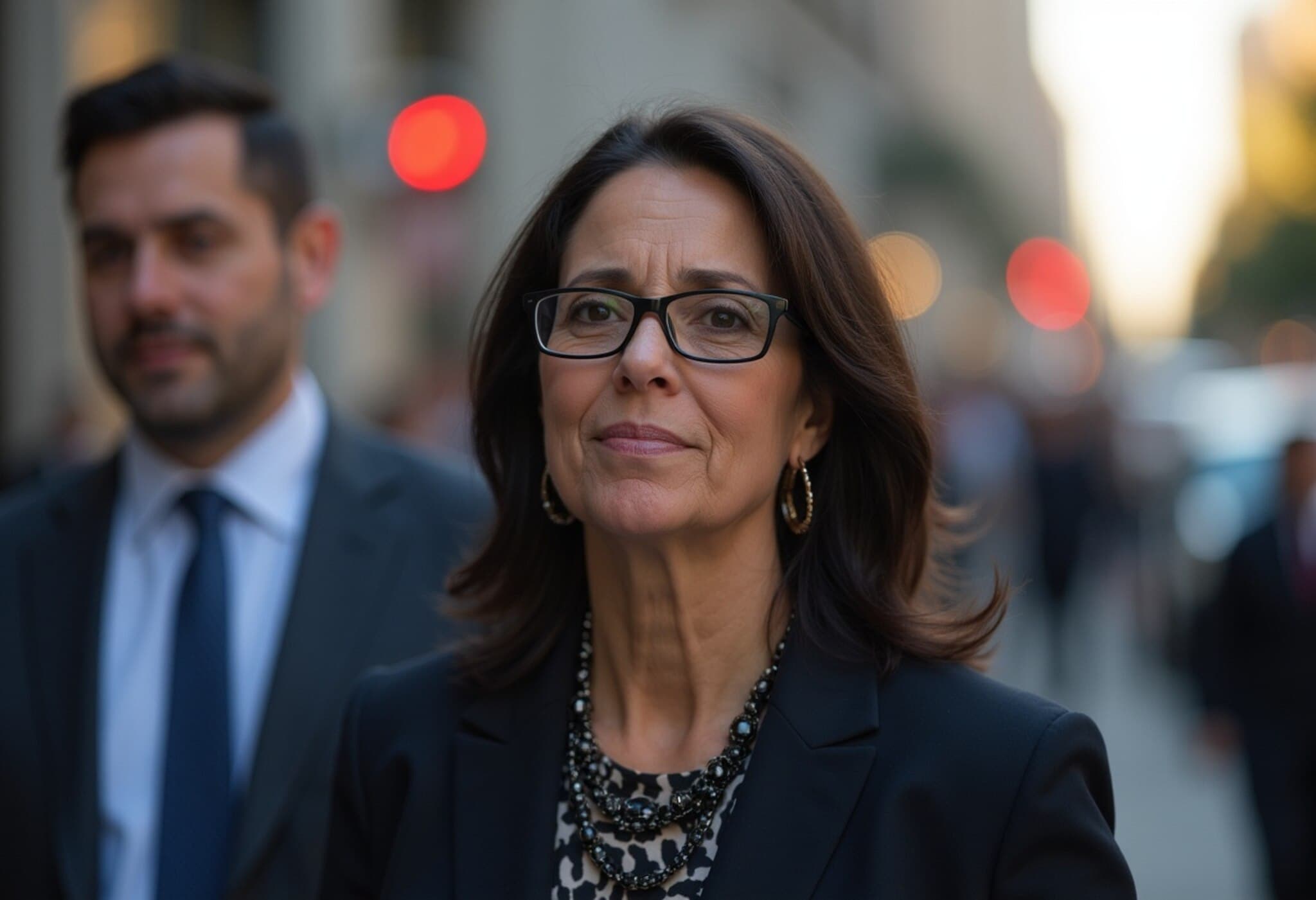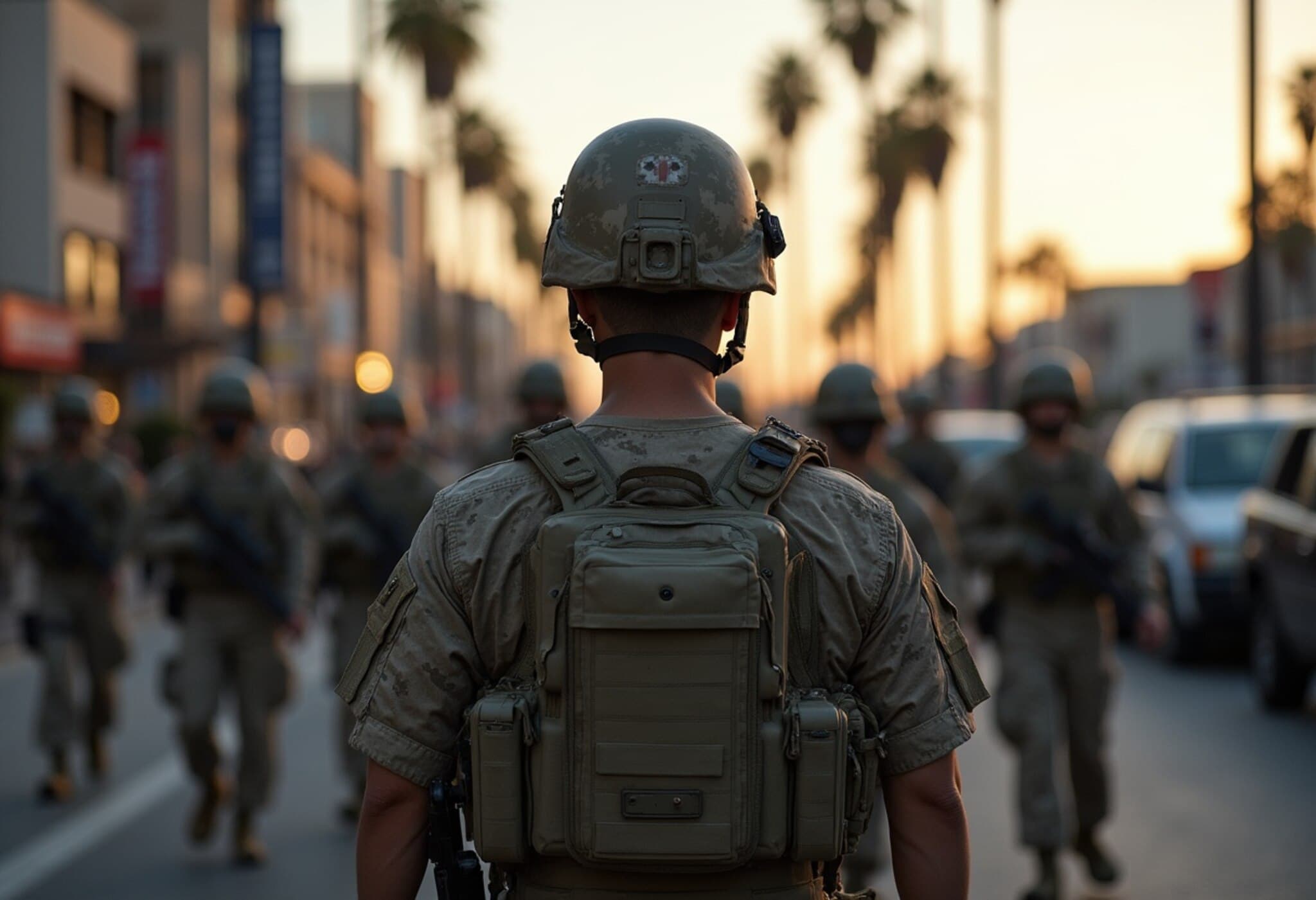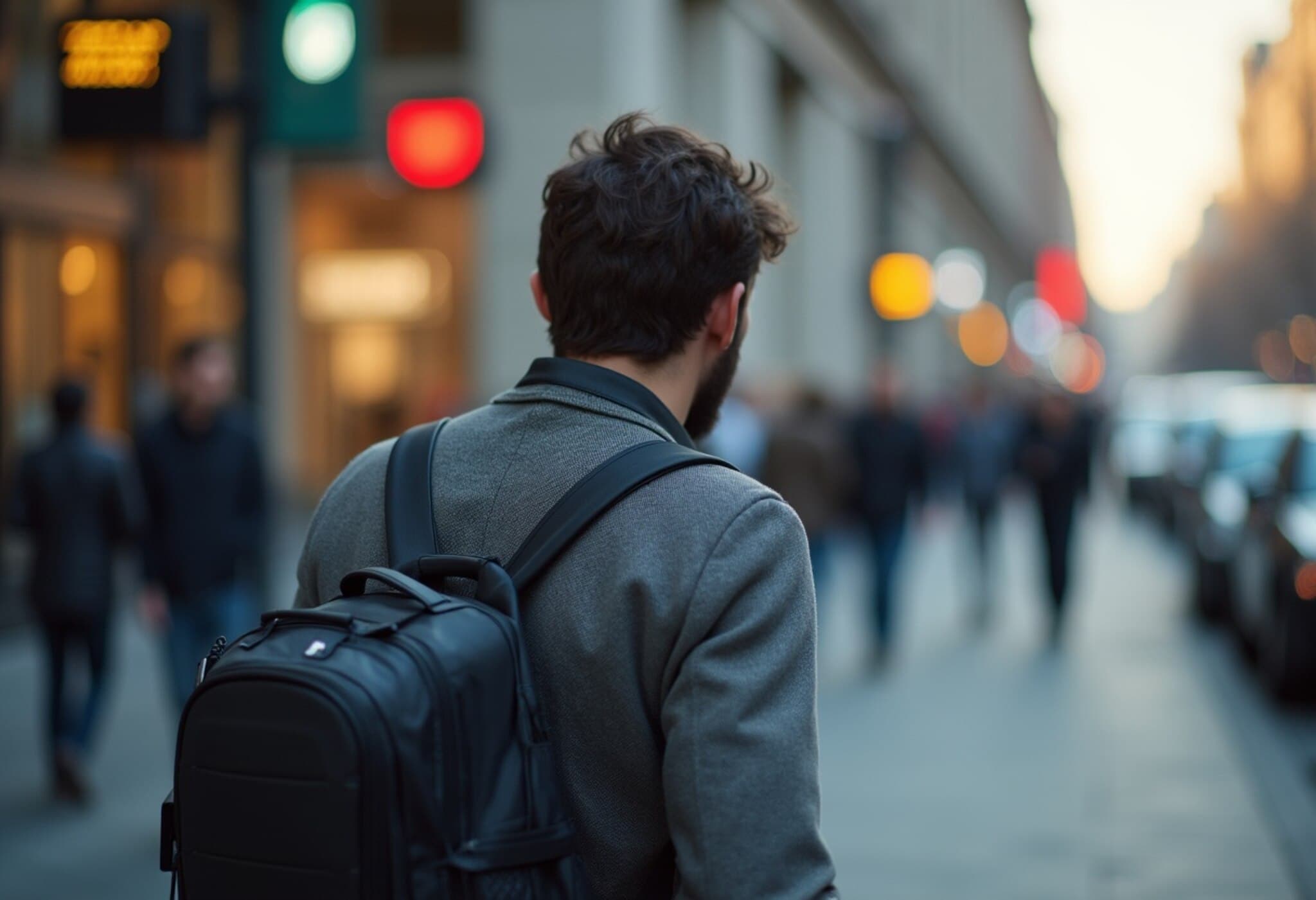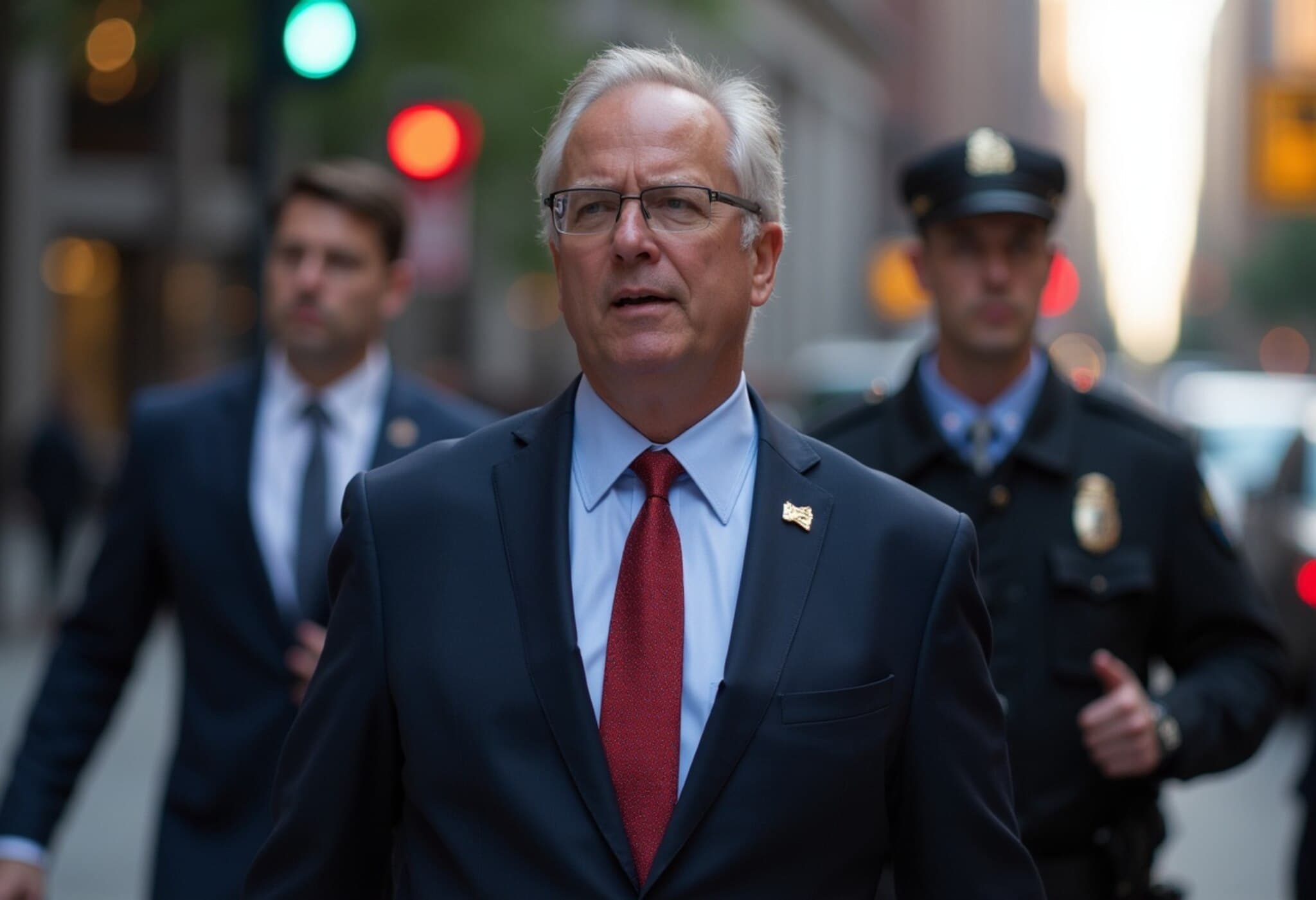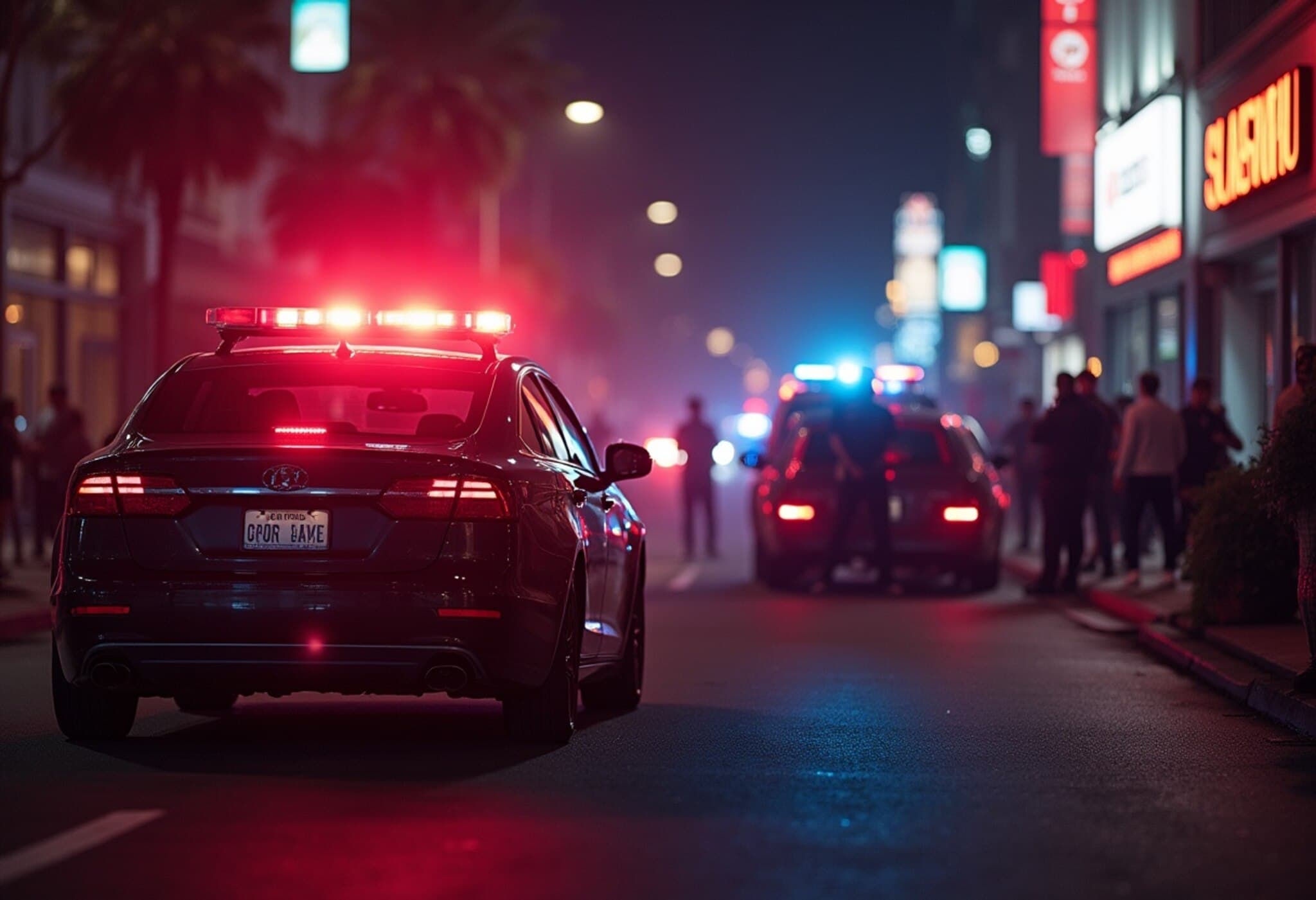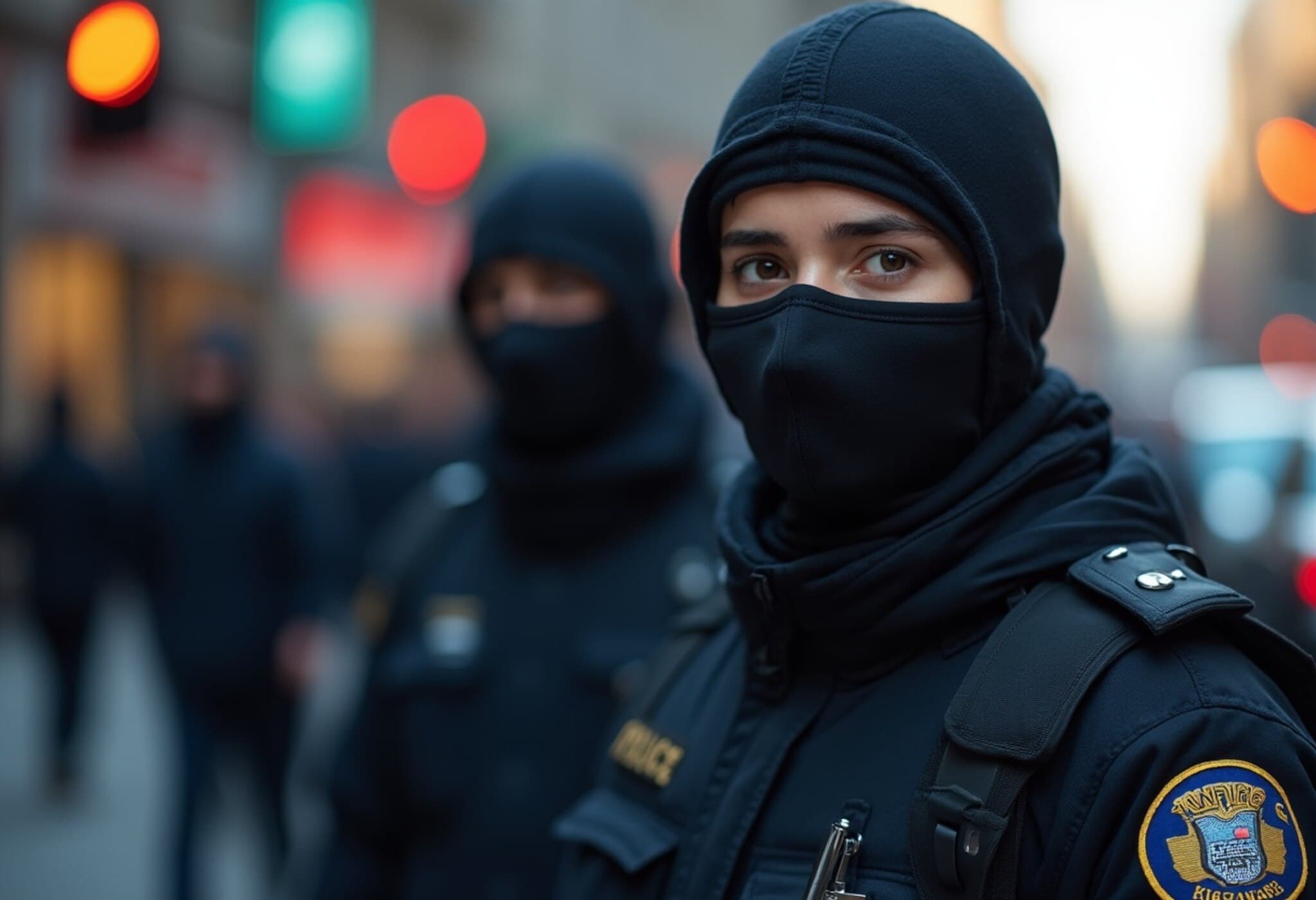Los Angeles Battles Federal Immigration Raids Amid Heightened Political Friction
Last week, MacArthur Park in downtown Los Angeles — a rare patch of greenery amid the city's urban sprawl — became the dramatic backdrop for a stark federal show of force. Nearly 100 tactical gear-clad soldiers and mounted federal officers paraded through the park in broad daylight, with families and children watching in shock.
This display ignited swift condemnation from Los Angeles Mayor Karen Bass, who described it as an “absolutely outrageous” act intended to intimidate residents and assert federal dominance over the city.
“Los Angeles has become a testing ground — a Petri dish where federal authorities are experimenting with aggressive immigration enforcement tactics,” Bass said. “The experiment is on us.”
Context: LA as the Frontline in a National Immigration Conflict
Over the past six weeks, the Trump administration has escalated its crackdown on undocumented immigrants in California, conducting aggressive raids across places like car washes, farms, factories, and retail stores. While federal officials insist their focus remains on violent offenders, the intensity of these operations — including the sweeping arrests of individuals merely suspected of lacking legal status — has left entire communities reeling.
In a stark reminder of the raids’ human cost, 57-year-old Jaime Alanis tragically died after falling from a roof during one such operation at a cannabis farm where Immigration and Customs Enforcement (ICE) agents arrested 361 people. His death marks the first known fatality linked to these federal immigration sweeps in California.
Legal Battles and Political Backlash
The aggressive campaign has drawn legal challenges and widespread political opposition. A recent judicial injunction halted so-called “indiscriminate” stops and arrests by ICE in seven California counties, including Los Angeles, pending further review. Critics, including the American Civil Liberties Union, argue that ICE’s tactics—based on “reasonable suspicion”—are racially biased and unconstitutional.
In response, the Department of Justice swiftly appealed, framing the injunction as an encroachment on federal authority and warning that it risks placing immigration enforcement under judicial oversight. Stephen Miller, White House Deputy Chief of Staff and a key architect of the administration’s hardline immigration policy, described Los Angeles’ resistance as “insurrection.”
Sanctuary Policies in the Spotlight
Los Angeles is a so-called sanctuary city, where local authorities do not collaborate with federal immigration enforcement beyond what the law mandates. Since 1979, the city’s Special Order 40 has prohibited police from inquiring about immigration status for law enforcement purposes, helping to foster trust between immigrant communities and local law enforcement.
Mayor Bass and California Governor Gavin Newsom have doubled down on these policies, launching executive orders and community initiatives to support families impacted by federal raids, including distributing privately funded cash assistance cards valued at approximately $200 each.
Human Impact: Fear and Economic Disruption
California’s immigrant workforce forms the backbone of many industries—from agriculture to manufacturing and beyond. The recent raids have shattered daily life for many Latino residents, who make up about half of Los Angeles’ 3.8 million people.
- The usually vibrant garment district has gone eerily silent following ICE’s incursion into apparel factories.
- Many migrant workers are afraid to leave their homes out of fear of sudden detention, disrupting essential services like car washes and farms.
- Community members report unmarked vehicles and masked agents suddenly detaining people on the streets, sowing widespread fear and mistrust.
“It’s hard to believe drug cartels are hiding in car washes,” Mayor Bass told MSNBC, reflecting the skepticism many have about the broad reach of these raids.
Federal Perspective: Law Enforcement Emphasizes Criminality and Exploitation
The Department of Homeland Security defends the operations, highlighting arrests of individuals with histories involving serious crimes such as rape, kidnapping, and hit-and-run. Officials have also uncovered evidence of potential human trafficking and child exploitation, including the rescue of 14 minors at cannabis farms.
“These investigations expose the dark underbelly of forced labor and trafficking that sometimes intersect with immigration violations,” DHS spokeswoman Tricia McLaughlin explained in a recent interview.
Broader Implications: A Microcosm of National Debate
Los Angeles stands at the crossroads of America’s fierce debate on immigration enforcement, policing powers, and human rights. The escalating tensions here underscore fundamental questions:
- How should the United States balance national security interests with protecting civil liberties?
- What responsibilities do sanctuary cities bear in managing federal mandates?
- Can immigrant communities live without fear while contributing to the economy?
Legal experts warn that the federal government’s use of “reasonable suspicion” — sometimes based on physical appearance — could set dangerous precedents for racial profiling. At the same time, immigrant advocates decry what they see as a politically motivated campaign targeting liberal states like California.
Editor’s Note
Los Angeles' stand against federal immigration enforcement tactics paints a compelling portrait of American federalism under strain. Amid dramatic raids, legal confrontations, and community upheaval, LA is not just a city fighting for its immigrant residents — it is a frontline in the national struggle to define the limits of power, protection, and prejudice in modern America. As the legal battles unfold and human stories emerge, one must ponder: How will these policies shape not only the future of immigration law but the social fabric of the nation?

